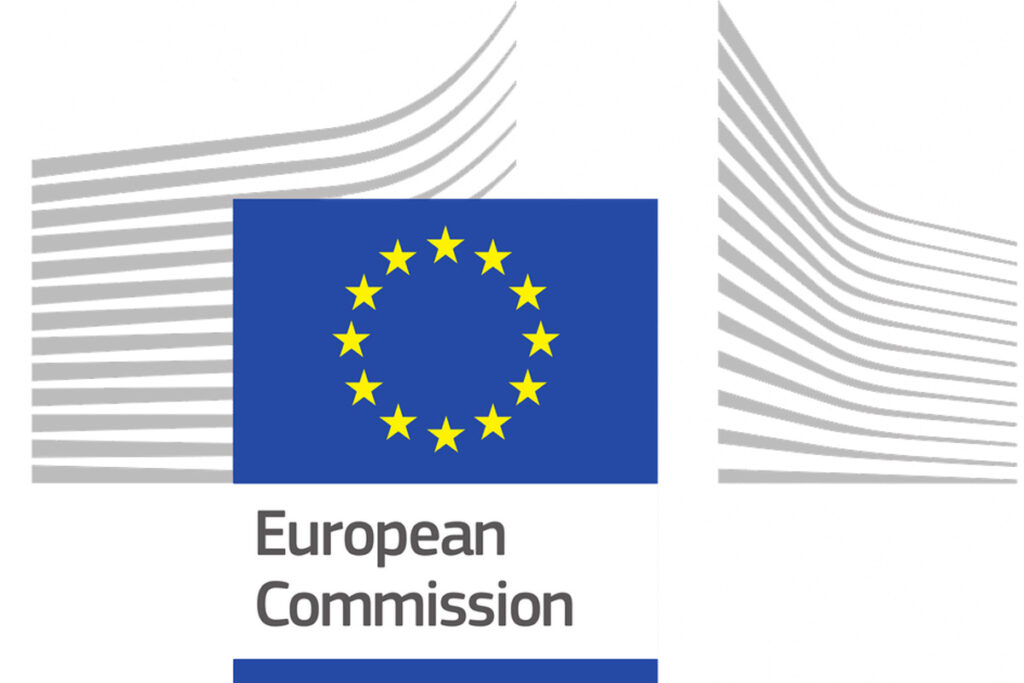More than a million EU enterprises trade through online platforms in order to reach their customers, and it is estimated that around 60% of private consumption and 30% of public consumption of goods and services related to the total digital economy are transacted via online intermediaries. With that in mind it’s not surprising that the EU are turning their attention to marketplaces (and other platforms such as search engines) and proposing a regulation on promoting fairness and transparency for business users of online intermediation services.
First up, the document is far easier to read and understand if you mentally swap the phrase ‘online intermediation services’ for ‘marketplaces. The reach is broader than just ecommerce marketplaces, but the context makes a lot more sense once you understand what the EU are talking about.
The gist of the regulation proposal is that whilst there are enough marketplaces out there that no single one could be considered to be a monopoly, they are so big and all pervasive compared to the retailers that trade on them that there is a danger they could dictate unfair rules and policies. The regulation seeks to address this with legislation. They will also mandate for complaint handling and as we previously wrote about, mediation services if a retailer feels they have a grievance against the marketplace.
The EU note the dependency of small businesses on marketplaces citing this as the driver for the legislation as these businesses don’t have an effect means of complaint and redress in the EU’s opinion.
“A uniform and targeted set of mandatory rules should therefore be established at Union level to ensure a fair, predictable, sustainable and trusted online business environment within the internal market by ensuring, in particular, that the business users of online intermediation services are afforded appropriate transparency as well as effective redress possibilities throughout the Union.”
– European Parliament and Council Proposal
How do search rankings work?
The proposal also addresses the black magic behind search rankings on both marketplaces and search engines. It calls for marketplaces to make their search algorithms transparent to an ‘appropriate’ level bearing in mind the need to keep proprietary information secure.
“Those rules should also provide for appropriate transparency as regards the ranking of corporate website users in the search results generated by online search engines. At the same, those rules should be such as to safeguard the important innovation potential of the wider online platform economy.”
– European Parliament and Council Proposal
In reality it’s probable that all the major marketplaces can legitimately claim to do this already as they release a ton of information on what signals they use, but the exact algorithm is kept secret. It would be almost impossible to release the exact criteria for a listing’s search ranking anyway as most marketplaces and search engines tweak their algorithms on an almost daily basis and are constantly running A-B testing. Even knowing the exact algorithm probably wouldn’t be that much help to most small businesses due to it’s complexity.
eBay Lobbying
eBay recently flew a delegation of SMEs from across the EU in partnership with Ecommerce Europe, to discuss the challenges and obstacles they face when selling on marketplaces with MEPs. Naturally part of the discussions was focused around the proposed fairness and transparency regulation.










2 Responses
“there is a danger they could dictate unfair rules and policies,…”
Bloody hell, has it taken them this long to work out what’s been going on Ebay and Amazon for more than 20 years ?????
Most sellers have to perform somersaults inside their own skins just to try and keep up with it all. Only for the whole thing to be changed again, requiring everything to be re-done, until the next set of contradictory requirements.
Not to mention the situations flagged up by Tamebay where sellers are put out of business through no fault of their own, due to inflexible and intransigent policies.
People have lost businesses and jobs through this and there should be COMPENSATION
Why does is need delegations and all this to work out that the two big marketplaces bully and initimidate sellers?
Besides, Ebay and Amazon will just put themselves outside the EU’s jurisdiction to sidestep this.
As for UK sellers, it won’t help anyway, as we’re leaving.
Too little, too late from the EU.